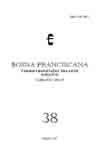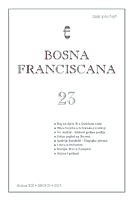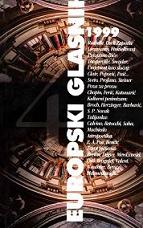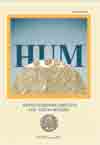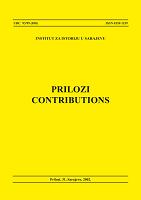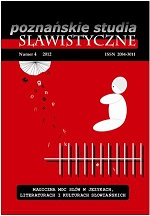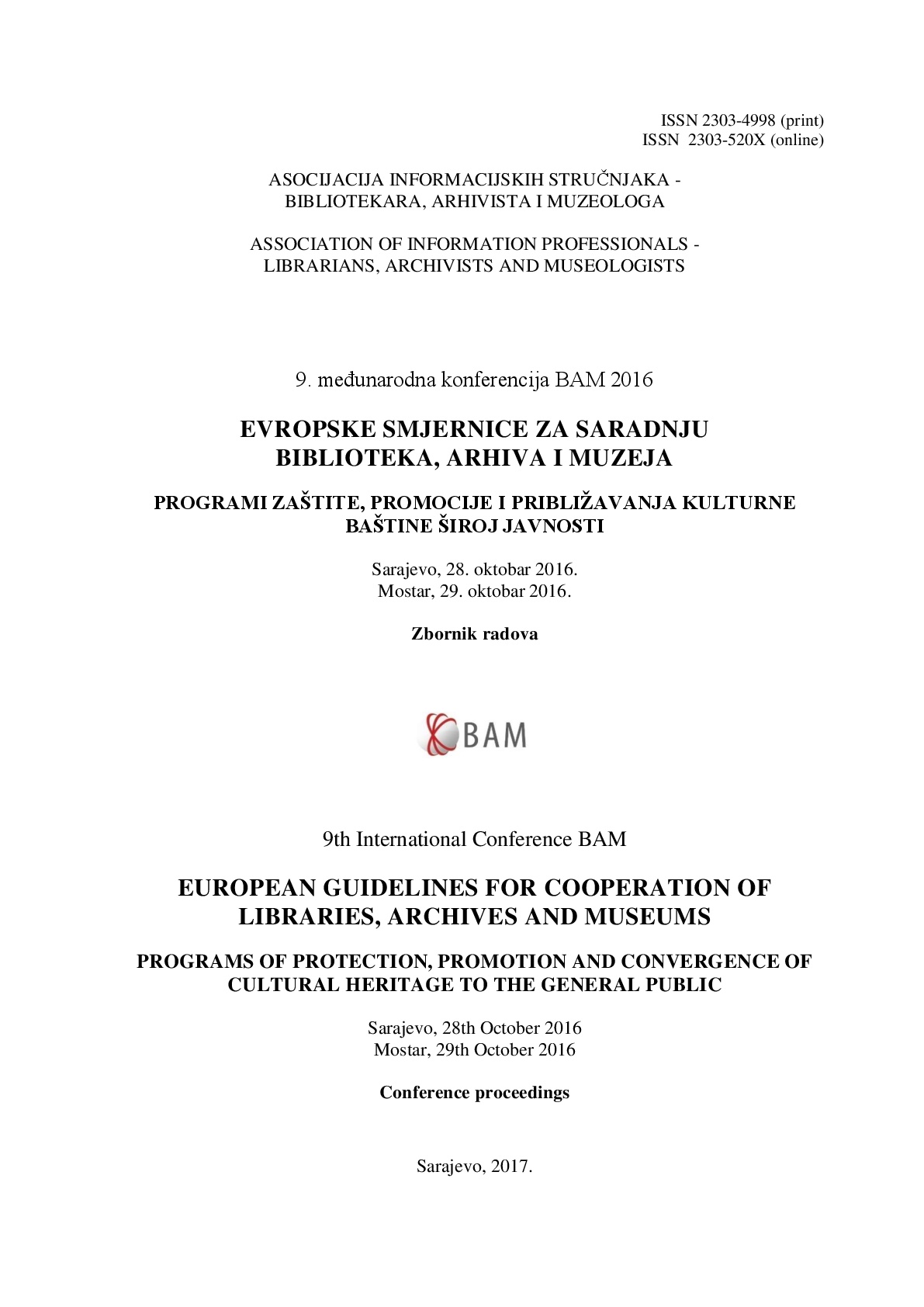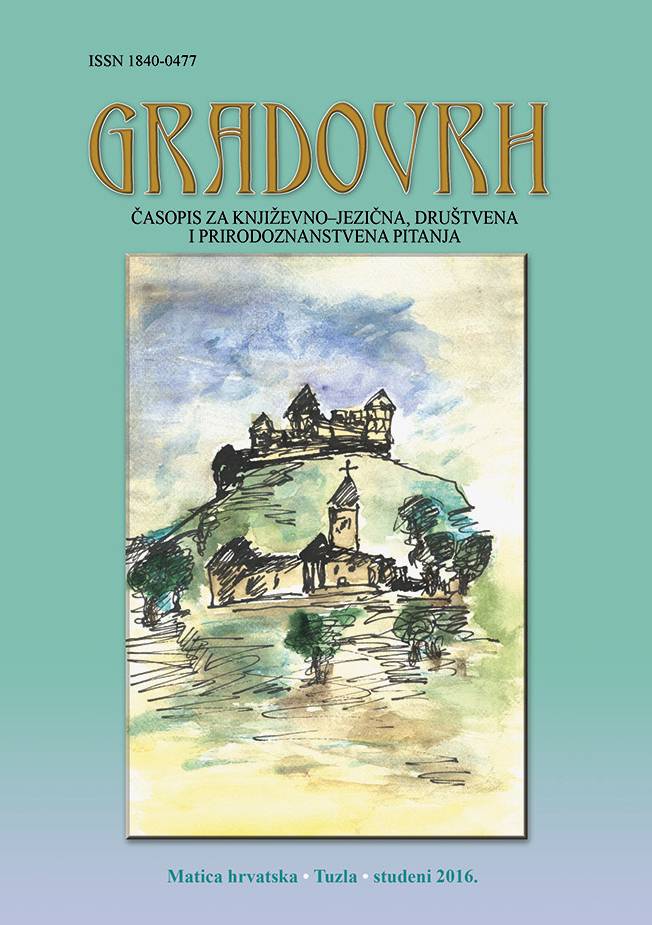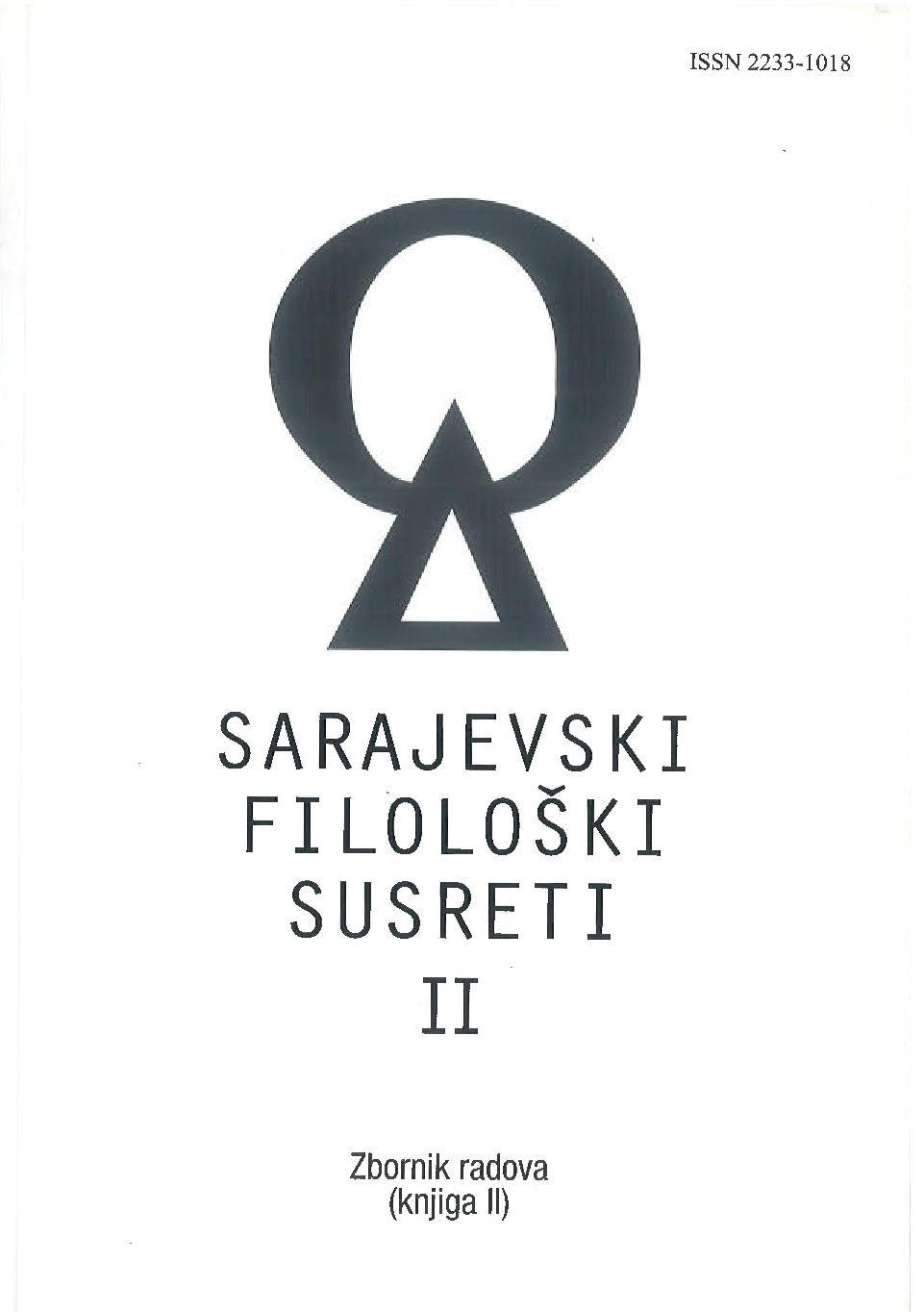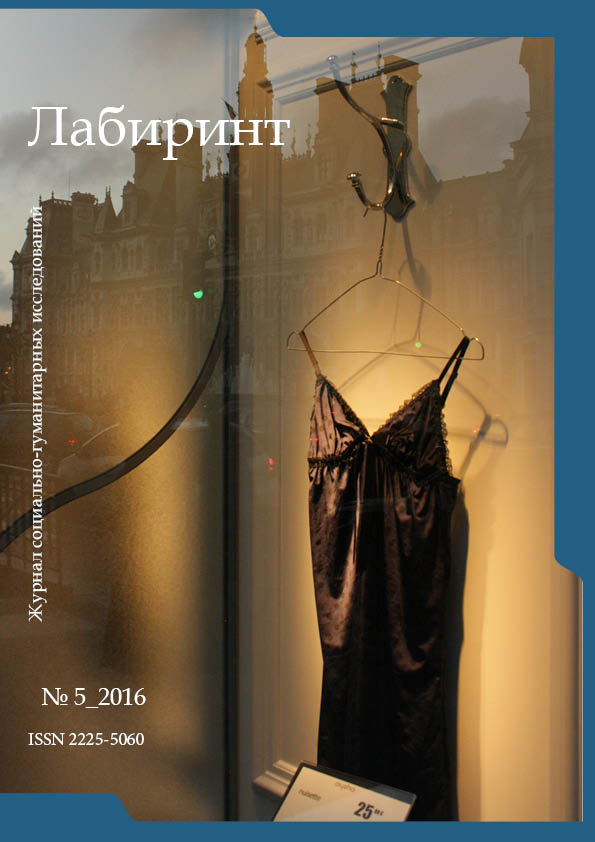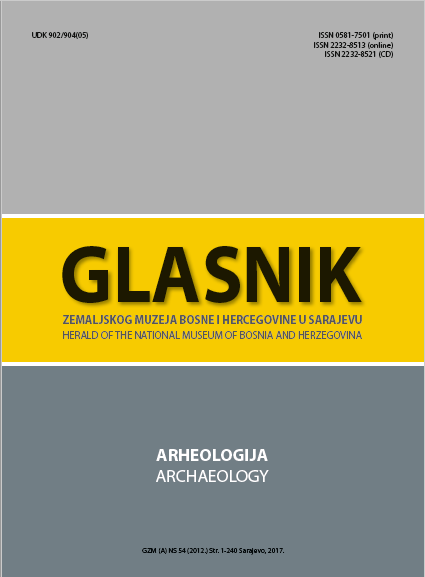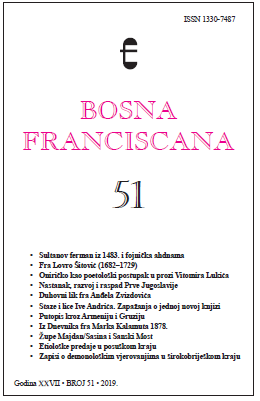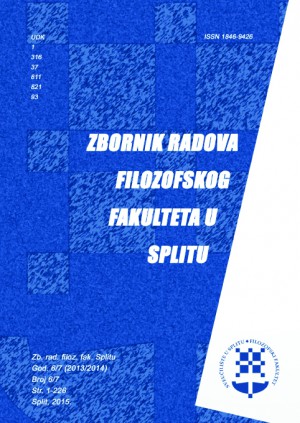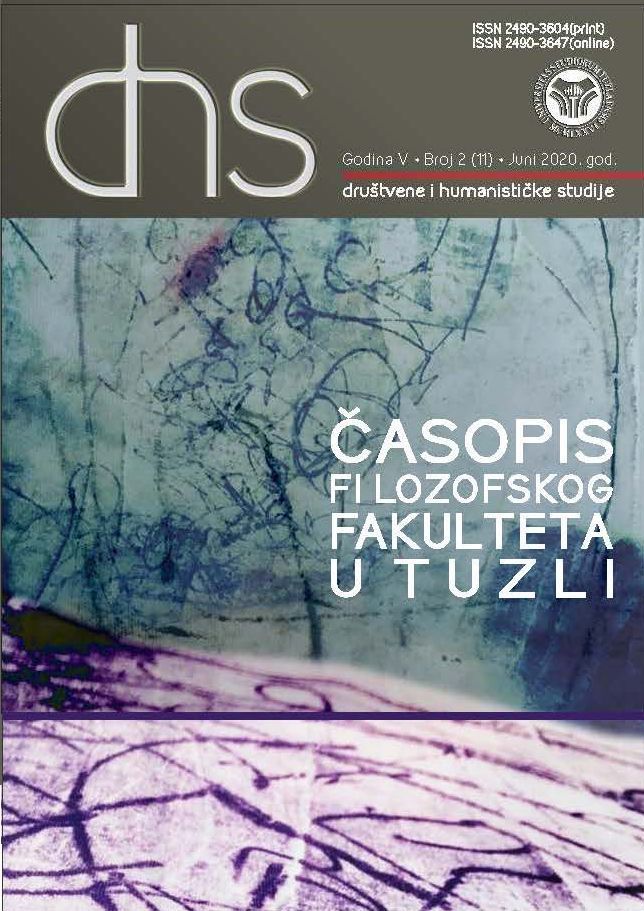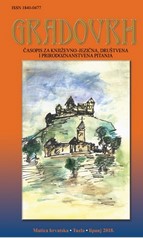ELEMENTI KARNEVALIZACIJE I FUNKCIJA SMIJEHA U
PRIPOVIJETKAMA IVE ANDRIĆA
Author(s): Alija Pirić / Language(s): Bosnian
/ Issue: 2/2014
Keywords: carnivalization; Andrić; grotesque; body; Đerzelez; beatings;
This text deals with the reception and interpretation of Andrić’s early stories such as Put Alije Đerzeleza (1920), Ćorkan i Švabica (1921) and Mustafa Madžar (1923). This is but one of the potential approaches to an artistic text, favoring Bakhtin’s inclination towards the liberated consciousness and the carnivalesque. The Carnival is an established expression of the merrymaking folk culture of Renaissance man – of those who do not cease to create a particular picture of the world, regardless of their peripheral position and marginal role. It appears in numerous forms and manifestations of carnivalesque festivities; fools and clowns in a unique and recognizable style. The merrymaking principle – the free familiarization of a human being and the world –has a liberating role, and represents subversive destruction of dogmatism and the “eternal truth”. In this regard we understand carnival laughter in terms of the nation – a broad perception of the world during different epochs – rather than mere mockery or degradation, as laughter is often read. Because of this, Bakhtin’s vision of laughter fits into the picture of the world created by the abovementioned stories. Andrić exposes the un-epic and de-heroic manners of the (epic) hero, to such ambivalent laughter, bringing the object from the epic distance into the so-called “zone of rough contact”. Here it is exposed to mockery in different circumstances, where laughter, from its first moment, diminishes authority and destroys seriousness, in order to subject the object to analysis and observation, without fear of distance or mythical aureole. In his early stories Andrić places his heroes Alija Djerzelez, Mustafa Madžar and particularly Ćorkan in the carnival spaces of the inn and town square, where they are publicly mocked, and where the inevitable destiny of the carnival king and Rabelais’ Renaissance pre-situation awaits them. In that sense, it can be associated with the encounter of the hero with a woman. In this case, the woman represents the principle of giving birth to a new life, and is therefore the mortal enemy of all things old. Consequently the king will be dethroned, humiliated and mocked, which he resists, as he does not want to accept such a truth. The woman opposes eternity, and the king seeks an endless reignand eternal youth, unmasking any pretentious agedness. The old structuresof justice and power nourish affectations of absoluteness and extra-temporalimportance, and are therefore deadly serious; in their enemies they perceive antagonists to the eternal truth, and they threaten them with certain fiasco. Andrić’s heroes, along with the representatives of justice and power, do not see themselves reflcted in the mirror of their present, but rather play their roles on the stage of life at a moment when those viewing them have already been laughing for quite some time. This text will connect the Renaissance carnivalactions, concepts and situations in which we find Andrić’s heroes (beatings, feasts, grotesque pictures, the body, the imperfect body, praise, criticism), who are presented in the form of the carnivalesque, with the carnevalized pictures which sneer at and degrade them. Eventually, however, they renegenerate and transcend, just as in Goethe’s view, a human being must be destroyed again,and once he has finished his mission in his present form, he is not indispensable on the earth any more.
More...
